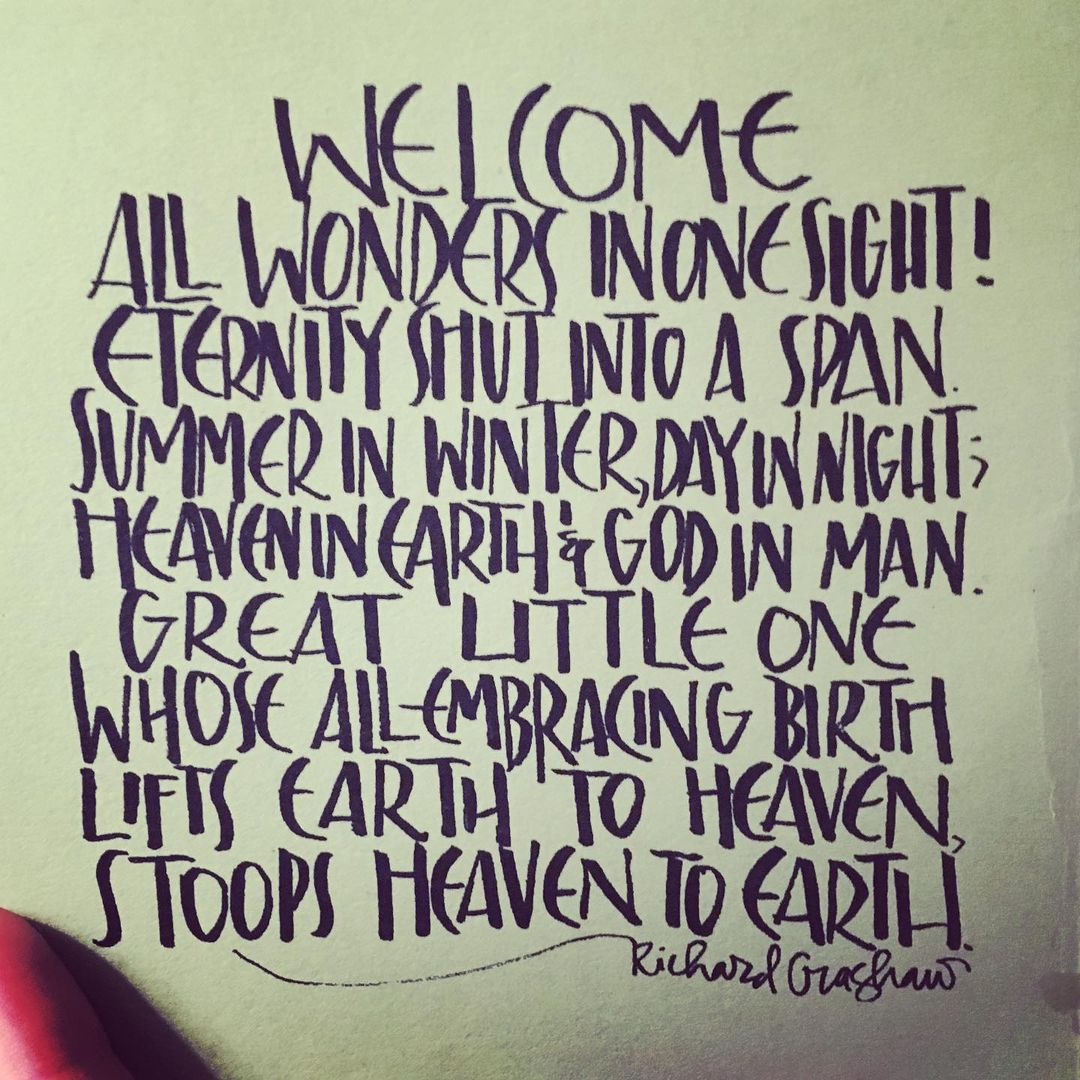Possible Preaching Themes
Possible Scientific Resources
- The role of our physical environment in revelation (first reading and Gospel)
- The science of silence (first reading)
- The importance of water (Gospel)
- Geology
- Martine Kölbl-Ebert provides a useful introduction to the interplay of geology and religion, as the forward to an impressive volume on geology and religion. https://www.lyellcollection.org/doi/full/10.1144/SP310.1
- In her book Martina Kölbl-Ebert claims that religion and geology have historically been uncertain toward one another. In Geology and Religion: A History of Harmony and Hostility (2009), the author examines this relationship. It is available here: https://www.amazon.com/Geology-Religion-Publication-Geological-Publications/dp/1862392692. Some parts are available on Google Books https://books.google.com/books/about/Geology_and_Religion.html?id=w1NUHmio_jEC
- The Science of Silence
- Silence is beneficial for much of Christian spirituality and has immense consequences for the ways that we remember and the ways that our memory functions. https://www.researchgate.net/publication/258180125_Toward_a_Science_of_Silence_The_Consequences_of_Leaving_a_Memory_Unsaid
- Silence is not only important for our spiritual life but also contributes to our mental health and well being https://health.clevelandclinic.org/why-you-need-more-silence-in-your-life/ also https://psychcentral.com/blog/the-hidden-benefits-of-silence#boosts-creativity
- Though translated as “tiny whispering sound” “whisper,” or “still small voice,” the Hebrew word הממך should be translated as “silence.” https://www.jstor.org/stable/i40096999
- Water resources and climate change have profound social implications that are only increasing.
- Here is an article on increasing population needs for water: https://www.sciencedirect.com/science/article/abs/pii/S0065211307950014
- Scientists themselves understand that we need a “water ethic” https://www.americanscientist.org/article/why-we-need-water-ethics
- Meredith Anne Denton has produced Hydrology Theology: How I Studied Water And Found God. https://www.amazon.com/Hydrology-Theology-Studied-Water-Found-ebook/dp/B08MDMXPGJ
Homily Outline Combining Resources
Preaching outline combining the resources
- Setting the scene:
- Many people are not familiar with the narrative trajectory of 1 Kings; it is useful to give some background story as to why Elijah is hiding in the cave. The political background here is extremely important and can be found in any biblical commentary.
- The first reading and Gospel center around the natural world (particularly rich with geological themes) that are upset from their natural order.
- However, “upset geology” essentially is the natural order of the earth’s crust; the “mountains” of which the writer speaks would not even exist were it not for the violent clash of moving plates, volcanos, and shifting tectonics.
- God does not only build violence into creation, but also employs creation as a vehicle for divine revelation.
- The point of these readings is not geology; the natural world is rather a context in which God and Elijah’s relationship (and indeed, God’s relationship with Jezebel, Ahab, and their priests) takes place;
- Further, the natural environment reveals God’s saving acts.
- The world around us may be violent (even the natural world, in some cases). Yet in the midst of that, God is protecting, saving, and shielding. So in the first reading God saves Elijah from the disruptive and dangerous political situation in which he must be faithful.
- The importance of silence
- Silence is sometimes difficult for moderns to grasp, given the constant media stimulation we experience, something scientific research has demonstrated actually changes our brains.
- Memory is one important aspect of our being that is aided or diminished by silence.
- This raises questions about how our lack of silence might contribute to the “forgetting” the the most important things: the relationships we have with each other, the relationship that we have with God, and our relationship to the earth itself.
- Might this be why God does not come to Elijah in the loud and violent movement of the earth?
- One way to read the “tiny whispering sound” (or “still small voice”) in the first reading is to view it as subverting the surrounding chaos (including the political decrees of Ahab and Jezebel).
- From that perspective we can wonder how the discipline of silence shapes and nourishes the Christian heart in a world of constant stimulation and even chaos.
- Jesus, the chaos of nature, and silence
- The miracle of Jesus walking on the water is beyond the scope of natural physics, but theologically is similar to some of the revelation of the first reading insofar as God uses the natural world as a context for some critical revelation.
- While the revelation to Elijah comes in the “tiny whispering sound” the revelation to the disciples occurs while wind and waves whip up around Jesus and almost sink Peter.
- Still Jesus demonstrates not only a form of power over but also oneness with nature. Neither he nor the Holy One in the first reading are against nature but join with nature in revelation.
- Listening to Nature
- The current geological age is sometimes called the Anthropocene, i.e., a moment in earth’s time that reveals the major impact of human activity on the environment.
- The water, wind and other aspects of nature that God employed for revelation are now subverted by human pollution, no longer revealing the power and goodness of God but rather human greed.
- Just as silence is good for our spiritual and mental health, so taking a quiet moment as individuals and a community to listen to the earth is an important ethical exercise that is important for nature’s health.
- The natural world has been wounded by our inattentiveness to Mother Earth.
- In Laudato Si’ Pope Francis calls us to an integral ecology, caring for our common home and for all who inhabit it.
- Today we take a pause from the noise around us, to listen in silence to the environment so that we can stop the devastation and, in the words of the Psalmist, “truth shall spring out of the earth” again.
Related Homily Outlines
Couldn’t find what you’re looking for?
Try searching with another filter

Preaching with Sciences

Edward Foley, Capuchin
Duns Scotus Professor Emeritus of Spirituality
Professor of Liturgy and Music (retired)
Catholic Theological Union
Vice-Postulator, Cause of Blessed Solanus









